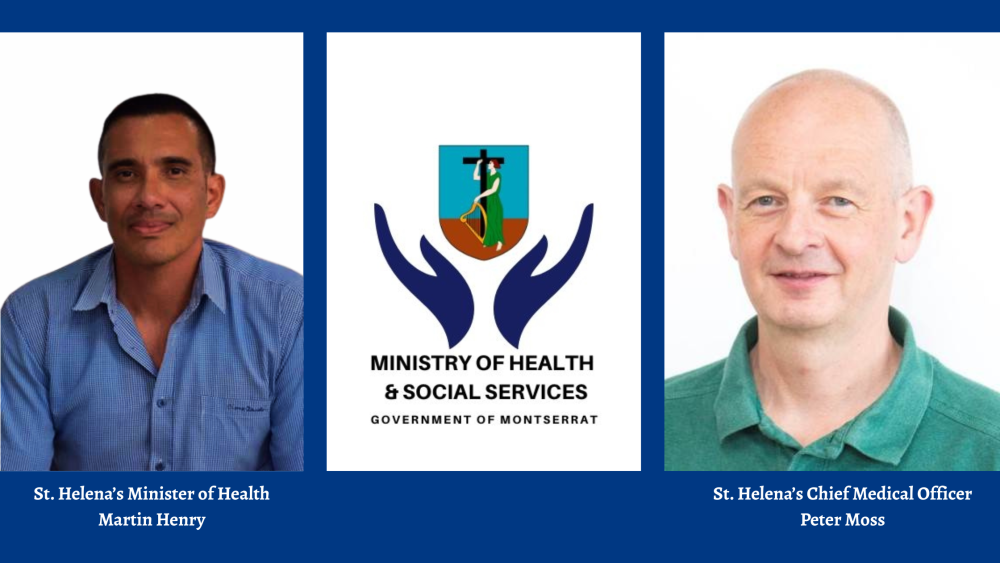
The Monserrat Oriole, has had its status down listed from Critically Endangered to Vulnerable, showing an upward trend in population growth evidenced by surveillance from the Department of Environment with assistance from external partners.
This determination has been made by The International Union for Conservation of Nature (IUCN), the world’s main authority on the conservation status of species, and is based on the analysis of data of the Oriole over the past 18 years facilitated by the local forestry division.
The IUCN annually updates a Red List that is set upon precise criteria to evaluate the extinction risk of thousands of species and subspecies. These criteria are relevant to all species globally and its aim is to convey the urgency of conservation issues and influence national and international policy and decision-making towards guided actions for the conservation of biological diversity.
Department of Environment Director Gerard Gray is very pleased with this announcement as preventing and reversing negative trends of critically endangered species is a very significant achievement not only for Montserrat, but for conservation worldwide, and demonstrates the level of capacity the island possesses in avi-fauna conservation.
The Montserrat Oriole was severely impacted by Hurricane Hugo in 1989 and the ash fall deposits generated from the Soufriere hills volcano from 1995. Other pressures include the excessive periods of drought and predation by rats that threaten the success of nesting. Free roaming animal such as pigs, goats and cattle also impact stands of Heliconia, the plant of choice for the oriole to establish nests. An Oriole Species Action Plan has been developed and sets out a monitoring and management regime to aid in the conservation of this unique bird species.
Key partners that have contributed to the Oriole conservation efforts include;
- Dr Wayne Arendt
- The Montserrat National Trust
- Calvin “Blacka” Fenton
- The Royal Society for the Protection of Birds RSPB
- Durrell Wildlife Conservation Trust
- Birdlife International and Birds Caribbean
- University of Wisconsin – Madison
Discover more from Discover Montserrat
Subscribe to get the latest posts sent to your email.



